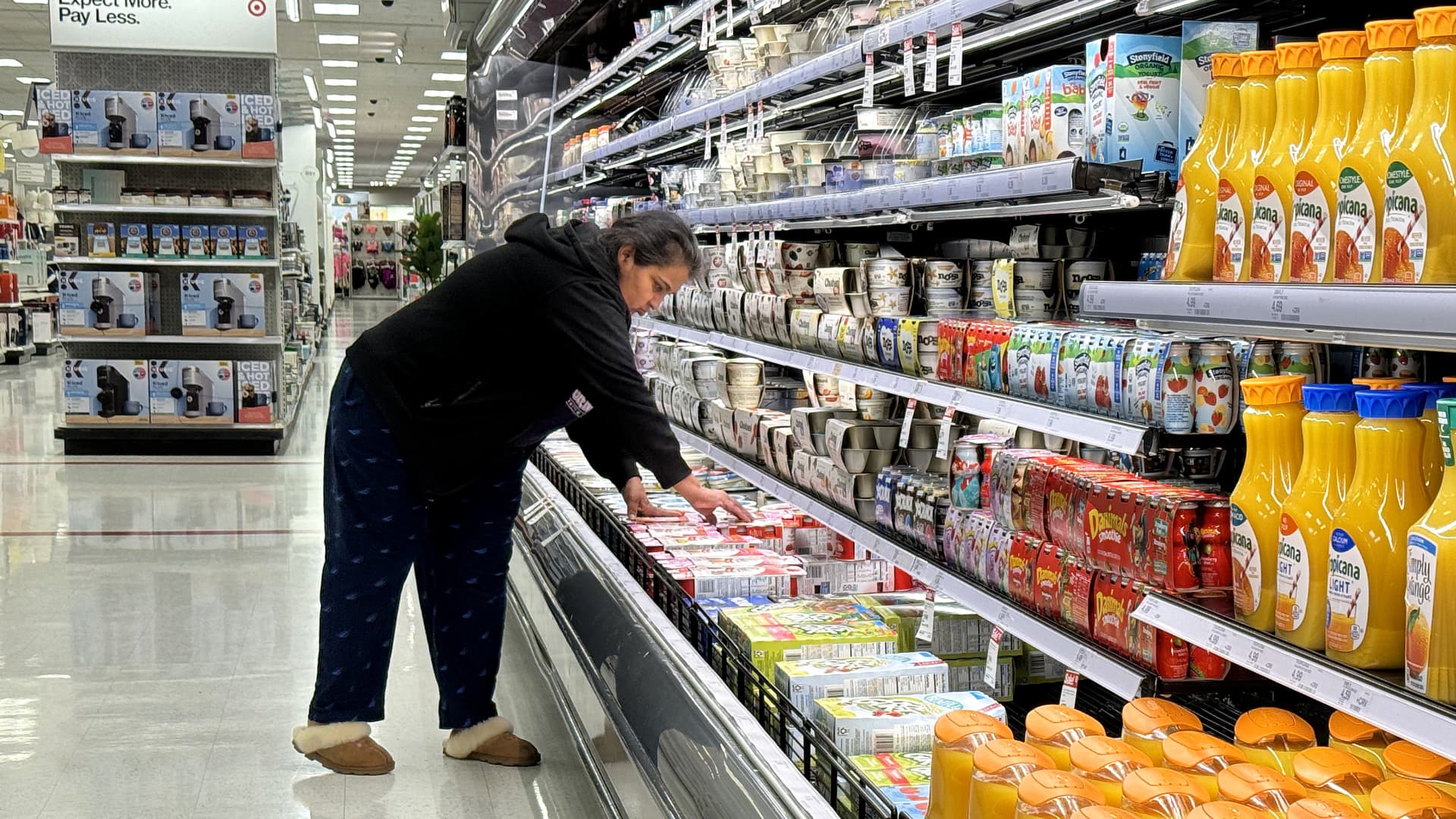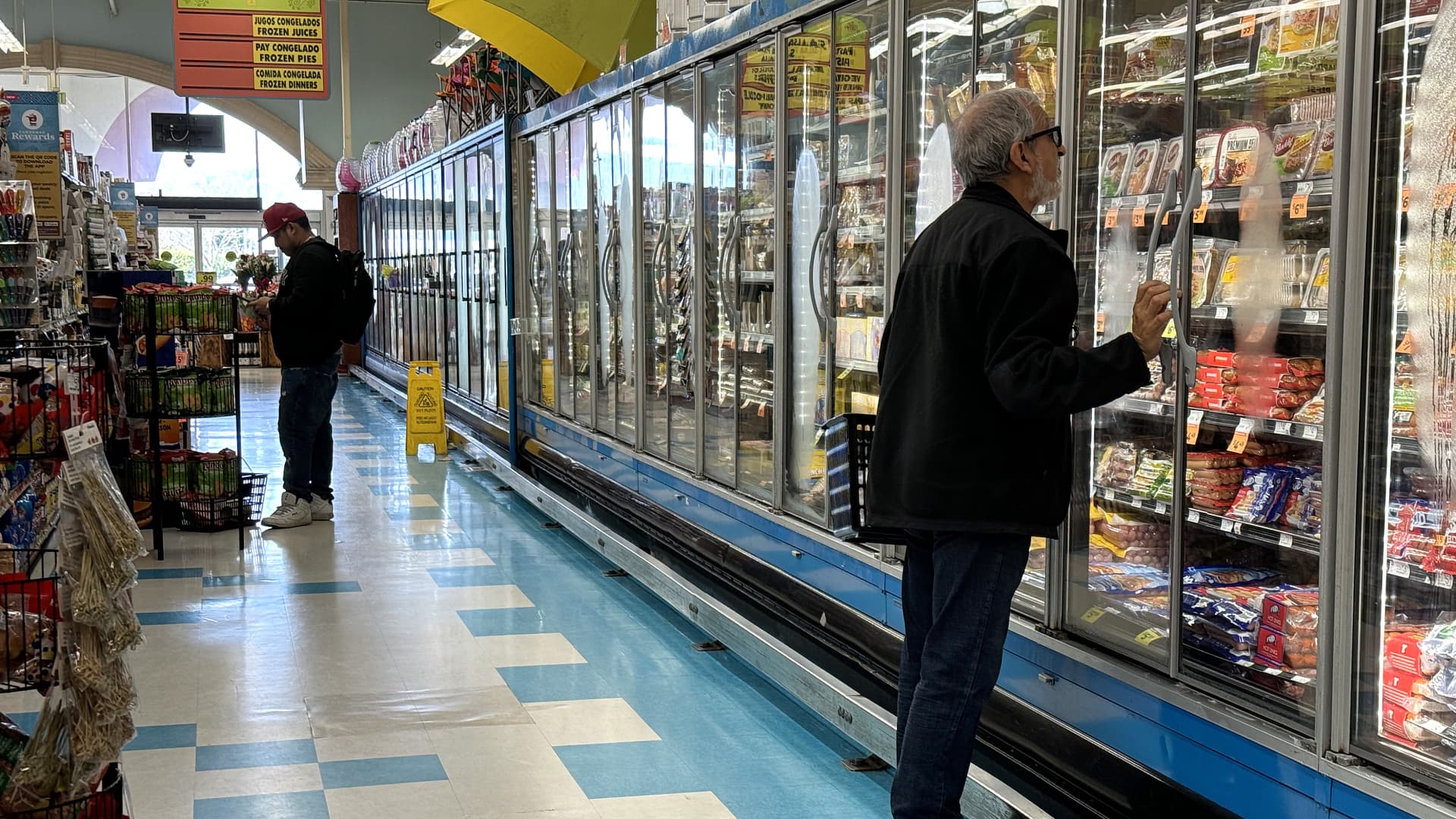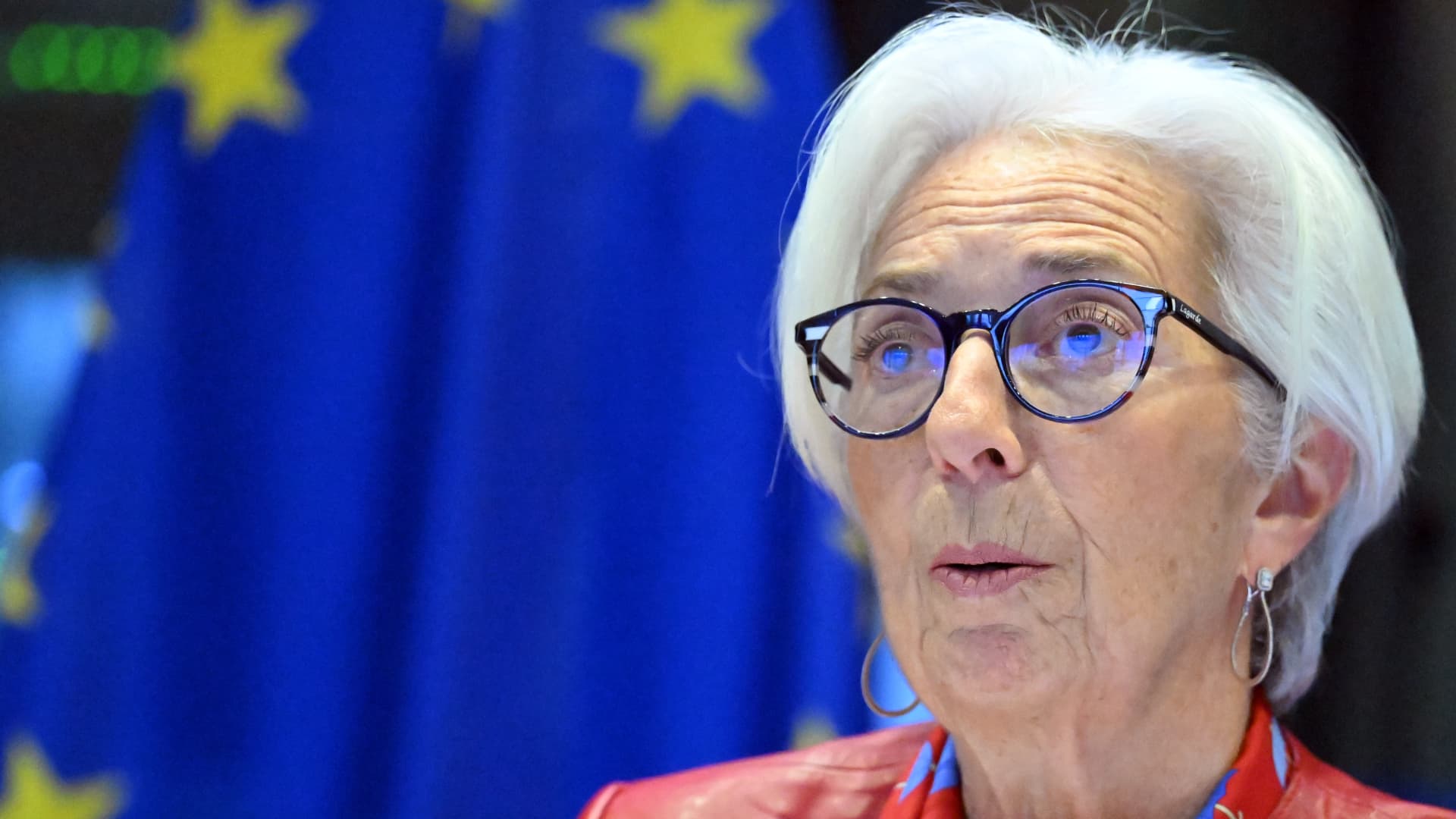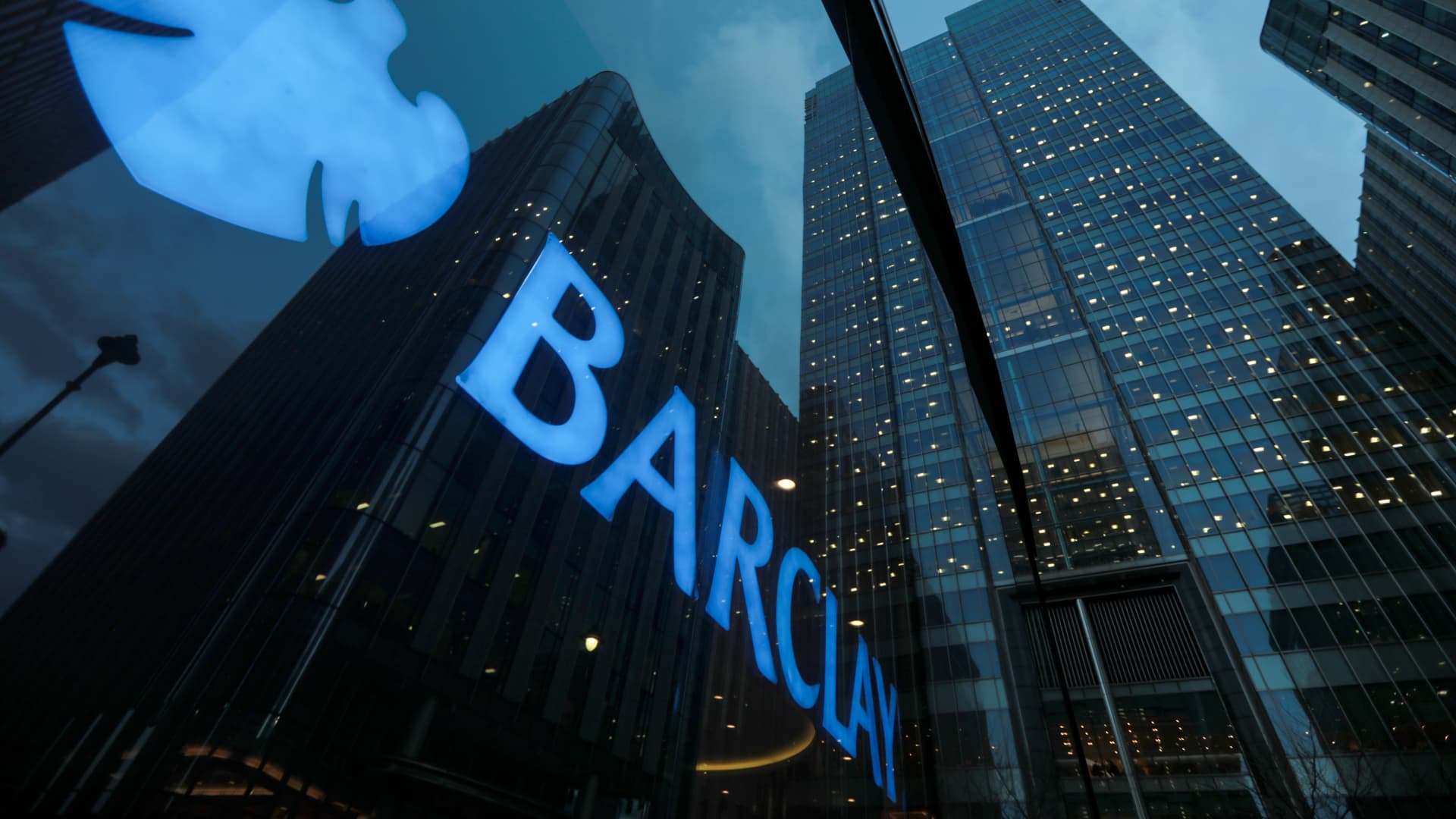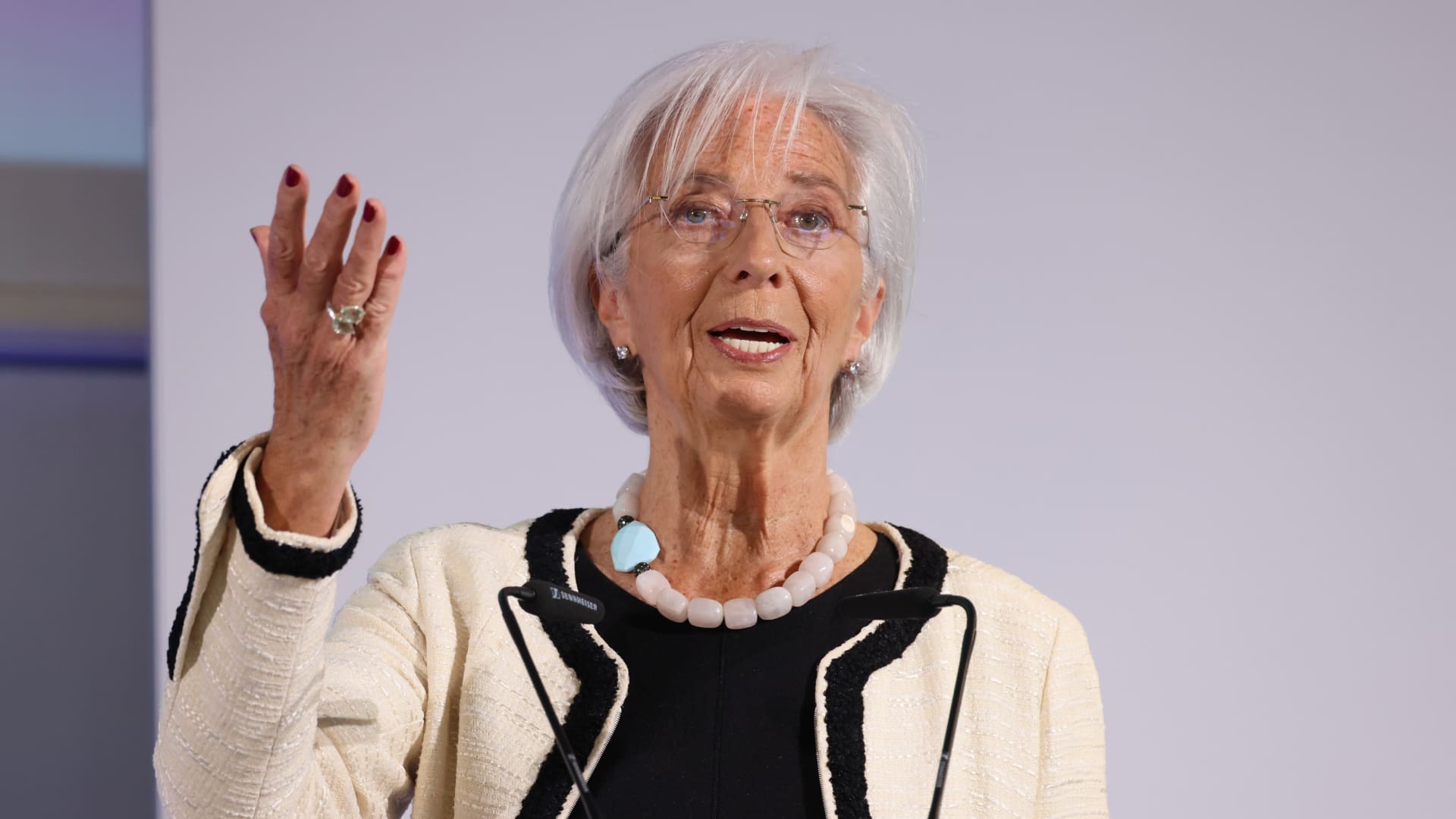For nearly three decades, Australia appeared to have a kind of “get-out-of-fire card” that allowed it to glide through the dot-com bust and global financial crisis without recession, while its citizens largely enjoyed high wages, affordable housing, and golden prospects.
When a recession actually occurred in 2020, it was due to the Covid-19 pandemic.
But four years later, Australia has not been able to shake off some of the headwinds, including a high cost of living – the price of bread has risen 24 percent since 2021 – a troubled labor market and rising inequality. While these and similar issues also worry nations such as Britain and the United States, they are particularly painful for many in Australia, which has long considered itself the “lucky country.”
Australia is one of the richest, most resource-rich and stable countries in the world. But millions of residents are experiencing levels of hardship not seen in decades. They say they are struggling to put food on the table, pay for housing and health care and cover their utility bills. And many young Australians are facing a reality their ancestors never faced: that they will be worse off than their parents or grandparents.
Robyn Northam, 28, once dreamed of becoming a hairdresser. But rising rents and exorbitant childcare costs for her two children make training impossible. Just two generations ago, she said, her grandmother was a single mother raising a family in her own home while working part-time as a nurse.
“If you’re an average Australian, it’s practically impossible,” said Ms Northam, a content creator in Cairns who, along with her partner, pays 600 Australian dollars, or about $400, a week in rent. “It’s a whole different world now.”
Australians pay more for almost everything. The pandemic led to a rapid increase in inflation, which is now around 4 percent. In some Melbourne neighborhoods, rents have risen almost 50 per cent year-on-year and rental affordability is at its lowest level in at least 17 years. Consumer sentiment has barely changed since the 2020 plunge.
Homeowners are also under pressure. Australian mortgages are typically fixed for several years, and as the central bank has tried to rein in prices by raising interest rates, interest rates have tripled to 6.7 percent in recent years.
This burden has led to an increase in the number of working families seeking support. Over 16 years, said Dave McNamara, chief executive of Foodbank Victoria, “I have not seen anything on the scale we are currently experiencing through bushfires and pandemics, with people from all walks of life needing food assistance.”
“Things are much worse than they were before the pandemic and there is little reason for us to be optimistic,” said Nikki Hutley, an independent economist in Sydney. “Everyone makes it really hard.”
Economists have long argued that too much Australian wealth is tied up in the property market, even as poor policy, construction shortages and high immigration have pushed already low housing supply to a critical point.
A survey by think tank Per Capita last year found fewer than one in four Australians who did not own a home expected to do so. “It’s not necessarily the be-all and end-all when you have a really robust rental system,” Ms. Hutley said, “but we have terrible laws in this country.”
The rental shortage has also caused rents to skyrocket in some neighborhoods and young people to be driven further out of cities. Sydney is at risk of creating a “city without grandchildren” as young families migrate, a recent report has warned.
Talitha Vermeulen, 25, has been wanting to move with her partner within this city for four months. Often, available properties are rented before viewings can even take place, she said. “It was just frustrating not even getting a chance to see the place.”
With its wealth, stability and natural resources, Australia has more advantages than most other nations – life expectancy and wages are still among the highest in the world, with wage growth outpacing inflation last year. The stock market is trading near record levels.
Still, it’s not obvious that it’s living up to its great potential, said Julianne Schultz, academic and author of “The Idea of Australia.” “What keeps coming to mind is: It could be so much better,” she said, adding: “It’s a kind of lack of ambition.”
Although Australians often speak proudly of the “happy country,” academic and writer Donald Horne’s comment was originally intended as a rebuke to the country’s leaders, whom he viewed as uninterested and unimaginative.
And despite the country’s wealth and its often-stated love of egalitarian values, Australia’s wealth is becoming increasingly unequally distributed as the country joins the ranks of others facing rising inequality and economic and generational tensions.
According to the Australian Unity Wellbeing Index, economic unhappiness has led to the lowest levels of “life satisfaction” since records began 22 years ago. The high cost of living, problematic global politics and rising inequality are all contributing factors, said Kate Lycett, the lead researcher. “It’s a large number of people who are struggling to make ends meet,” she said.
On a Monday morning, people waited outside a food bank at a church in Richmond, a suburb of Melbourne. The food bank helps more than 100 households and demand has increased sharply in the last six months, said Francis Flood, the coordinator.
“We saw a lot of people working but not making it to the end of the month,” he said. “We definitely help people who, if you saw them on the street, you wouldn’t think would use a food bank.”
Even some who own their homes outright are struggling. Tracey Shepherd, 60, lives just a short walk from the beach in Queensland’s picturesque Surfers Paradise. A former civil servant, she has health problems that make it difficult to find permanent employment and is living on her pension savings while waiting for a disability pension decision.
With high food prices and rising home maintenance fees, life feels precarious, she said. “When I was younger they said we were the lucky country. That’s not the case anymore.”
Source link
2024-03-27 04:01:10
www.nytimes.com




